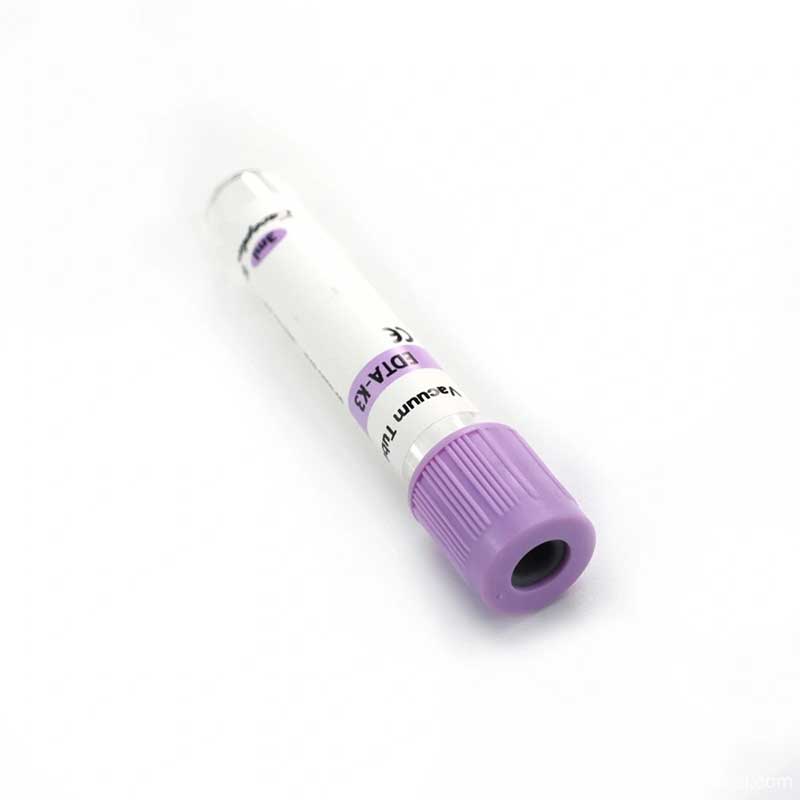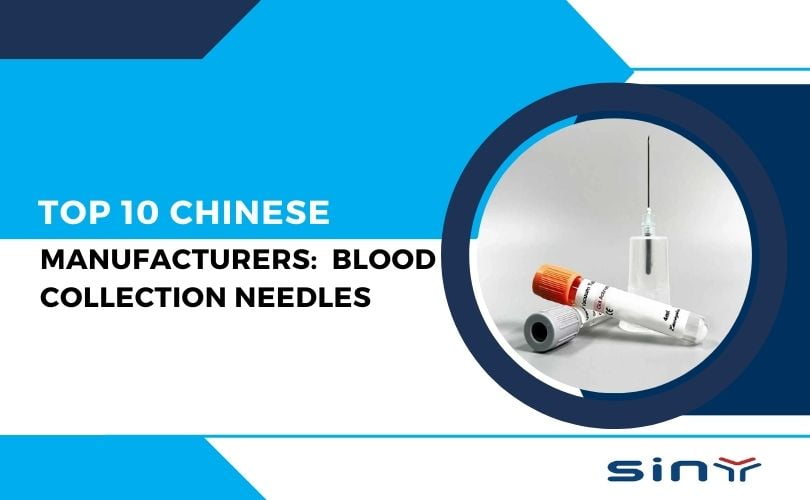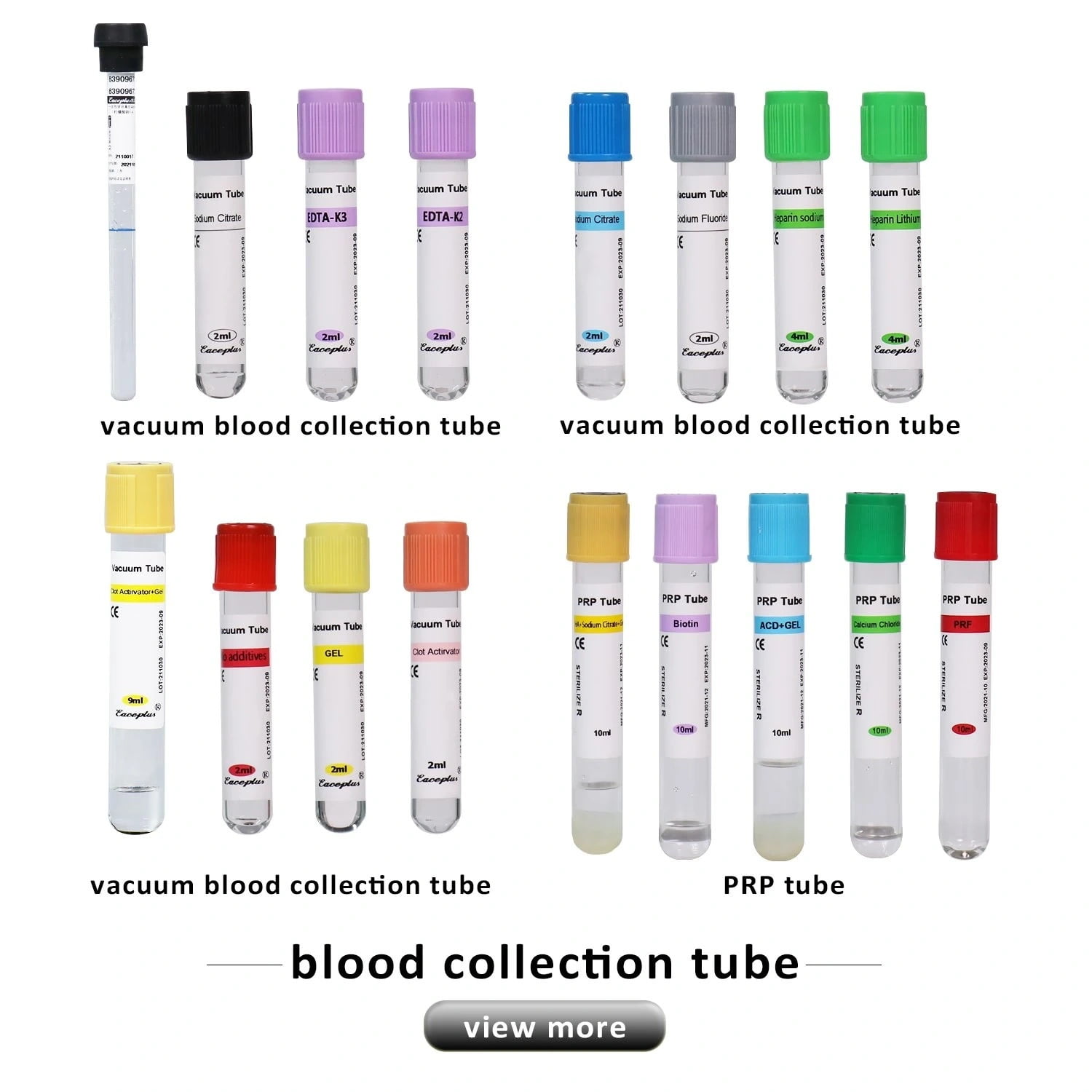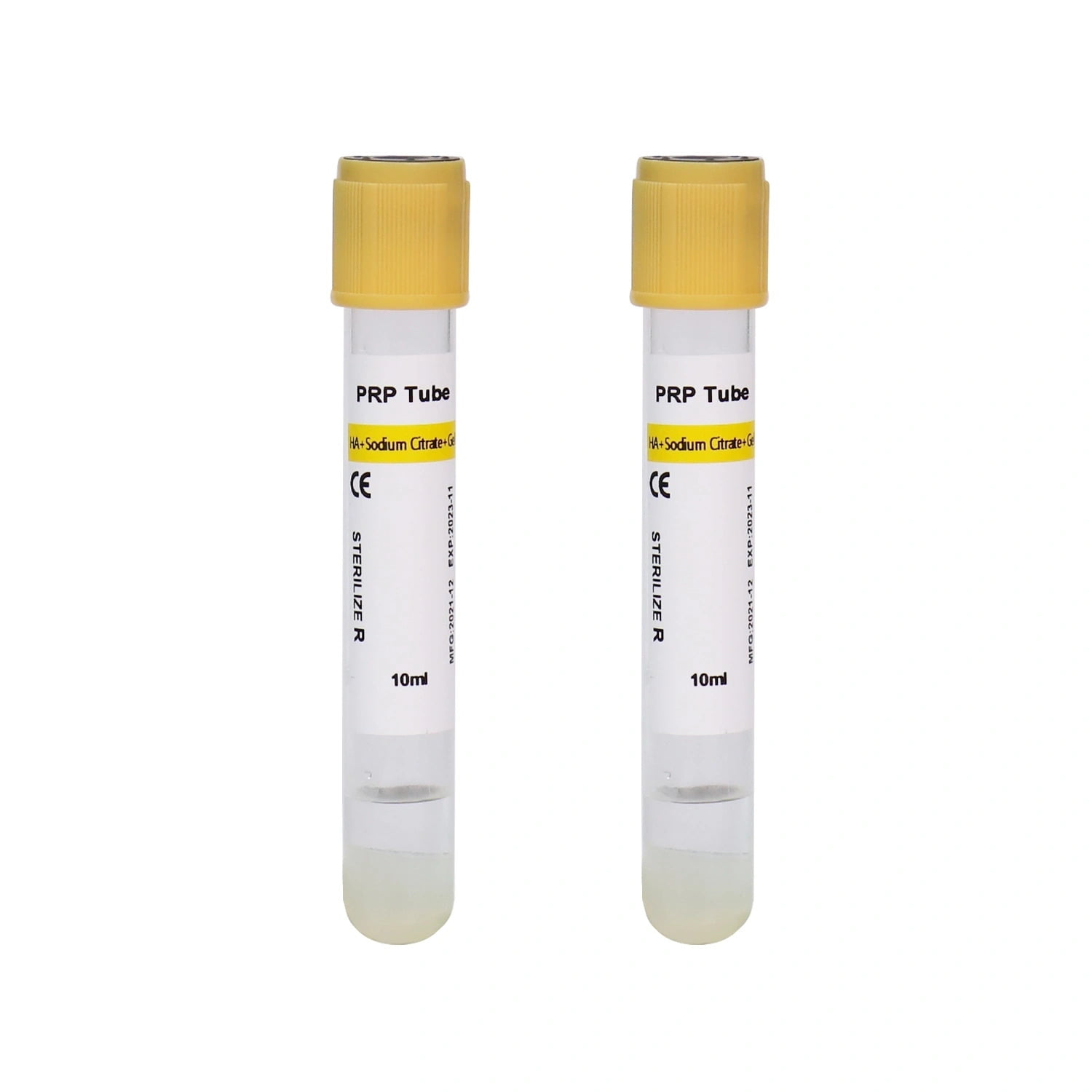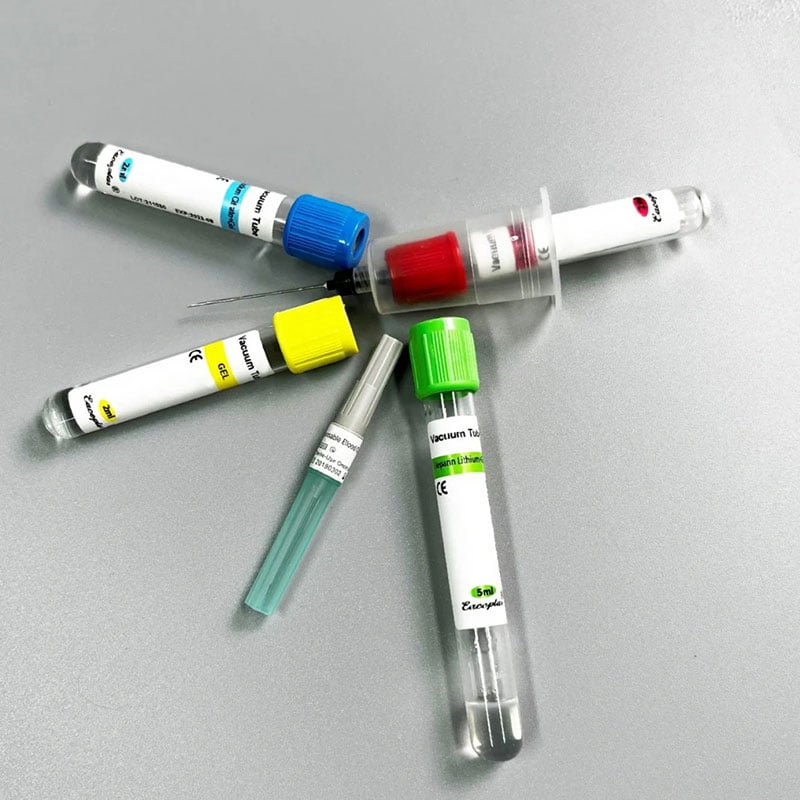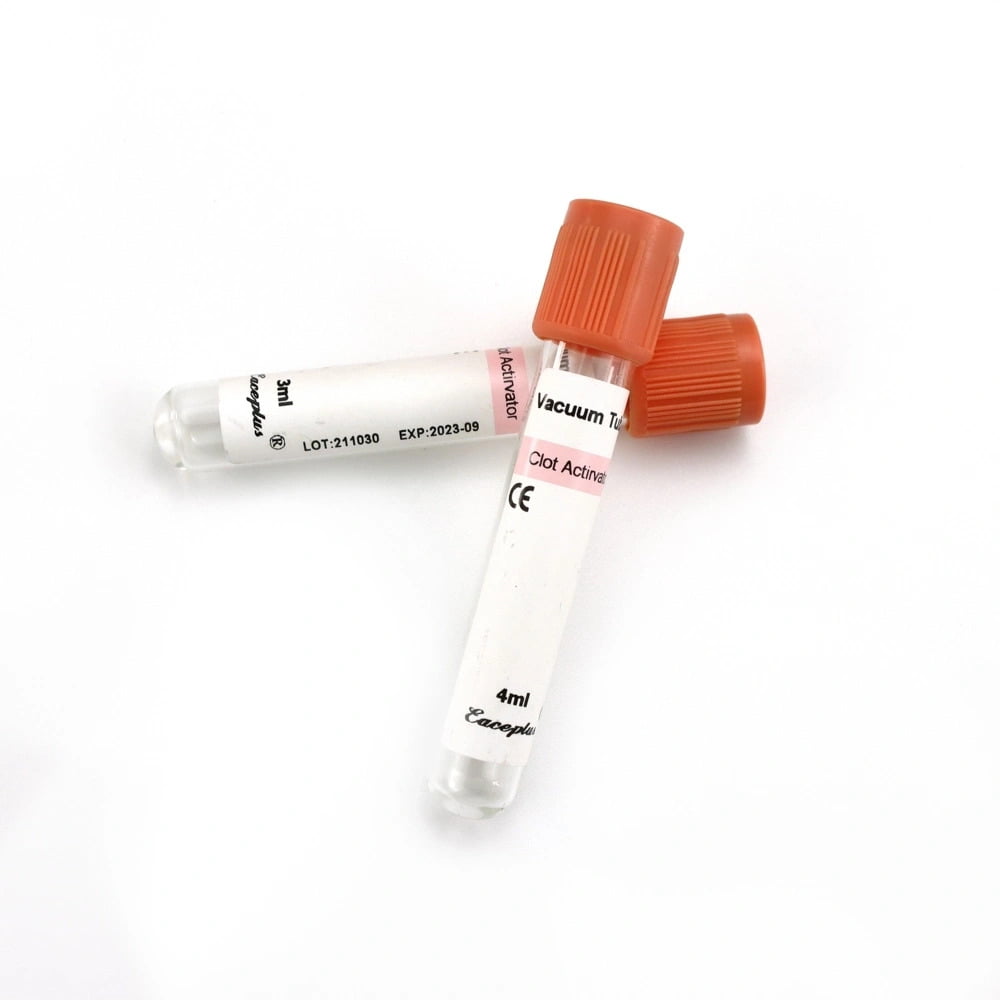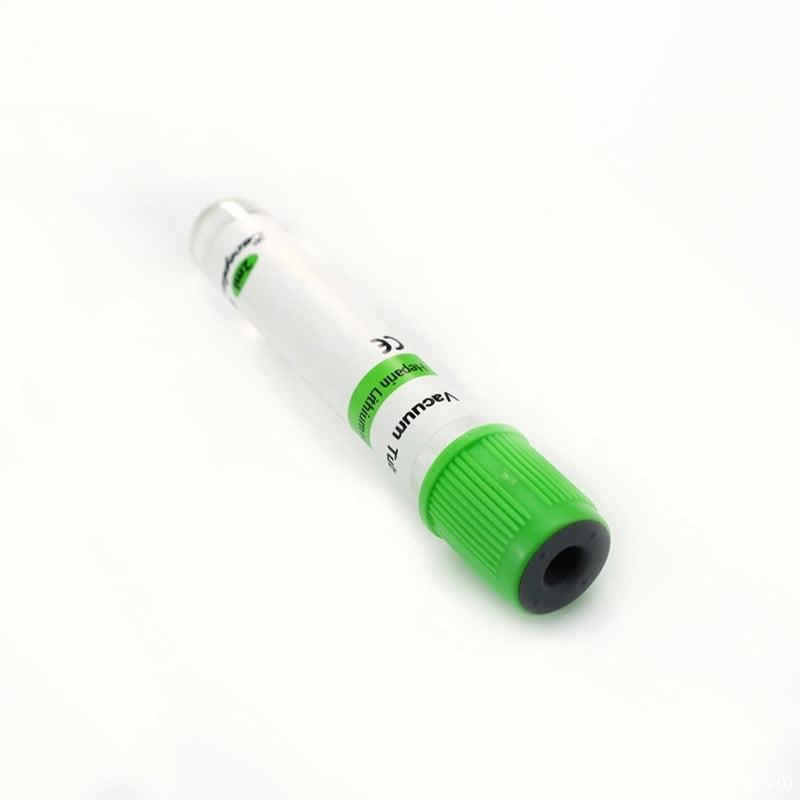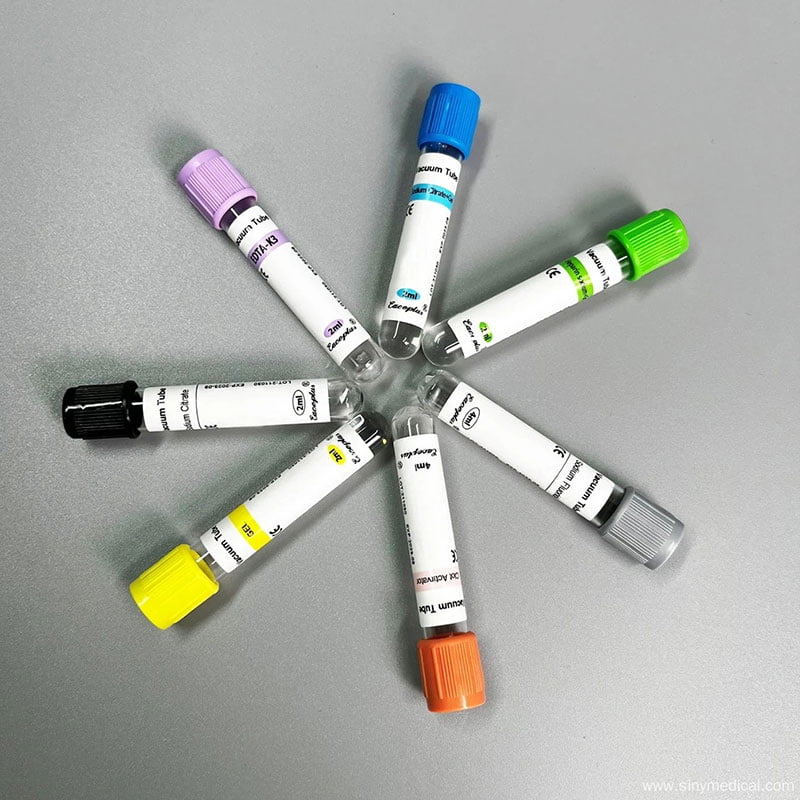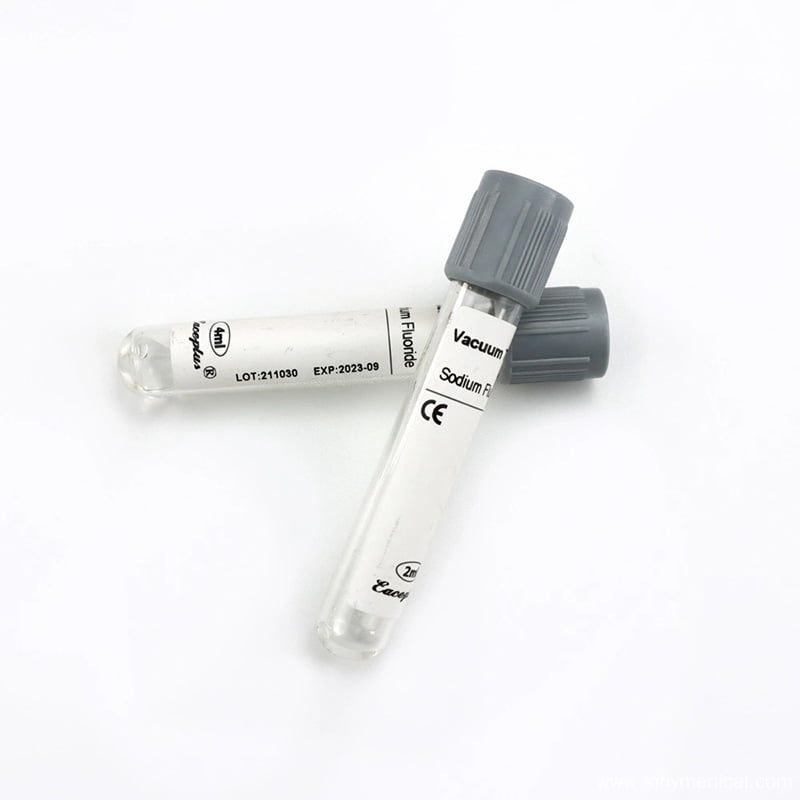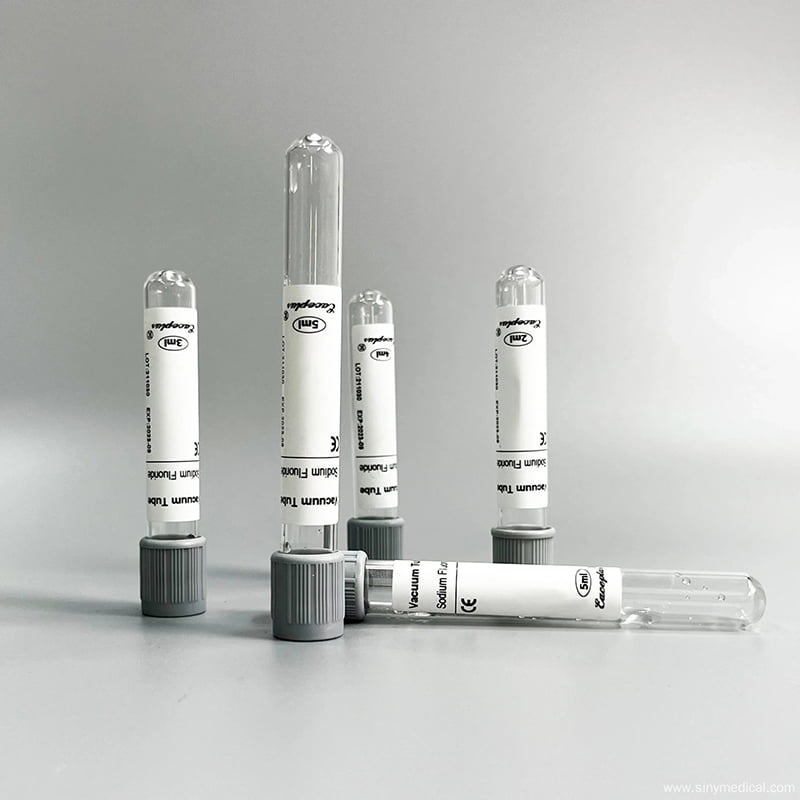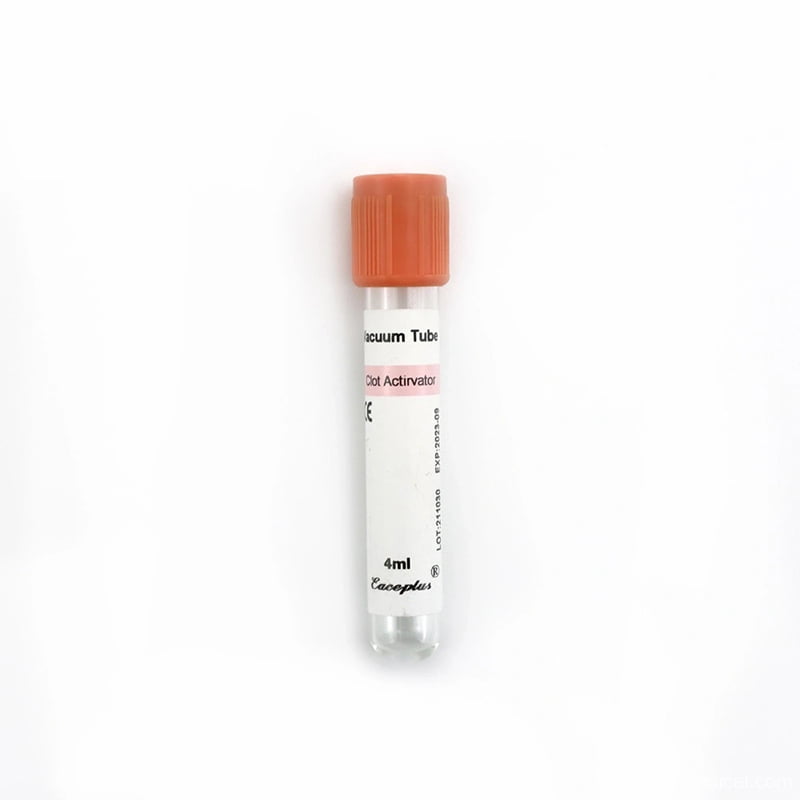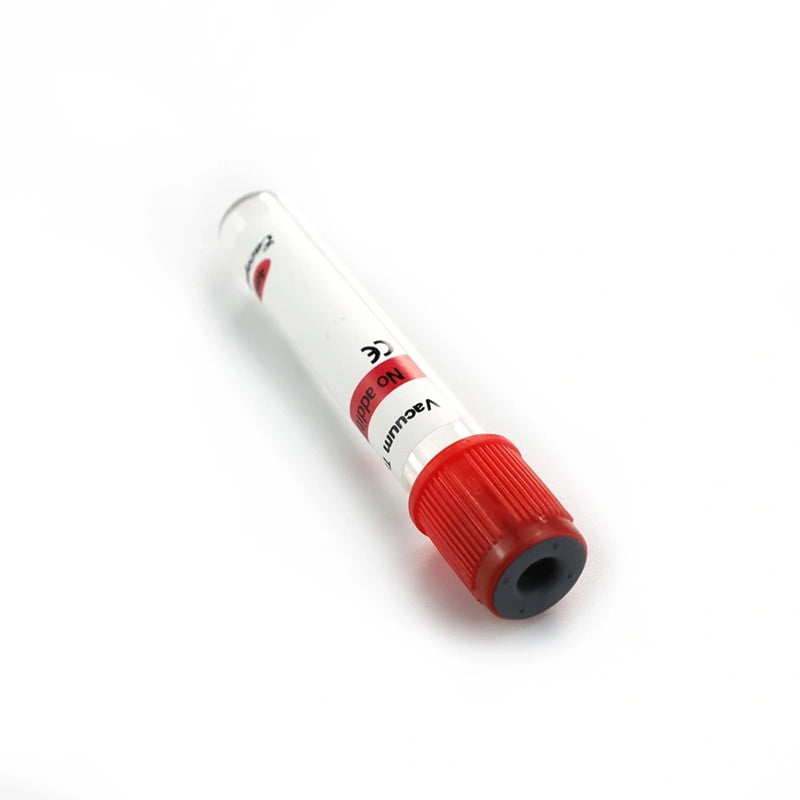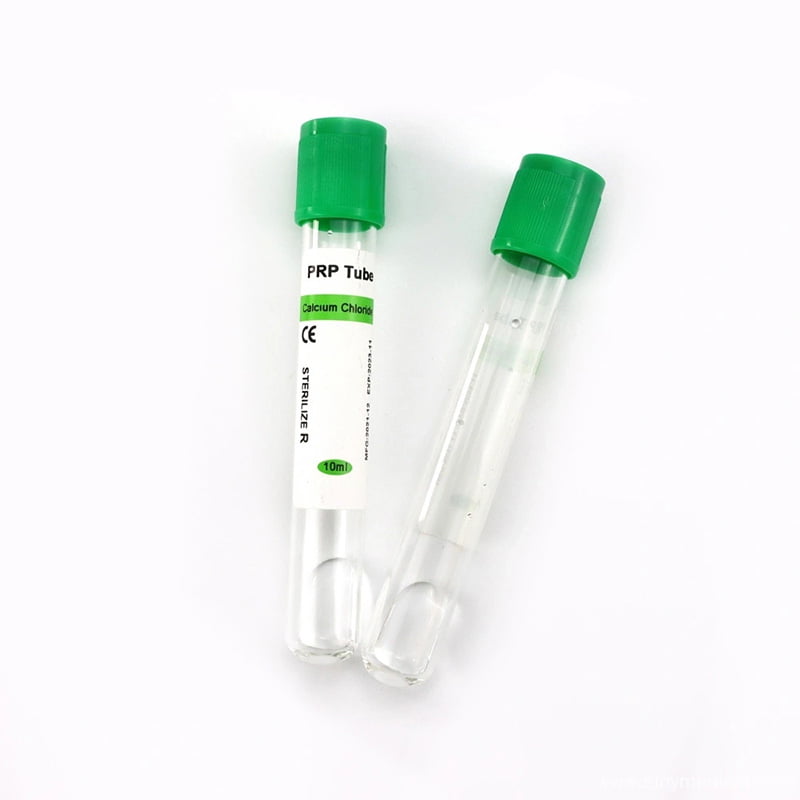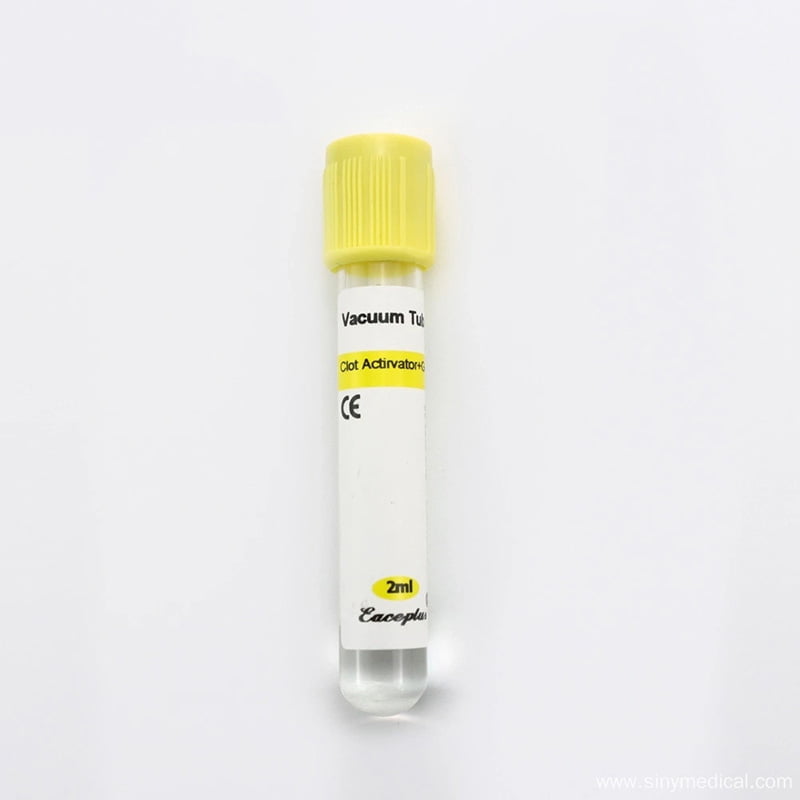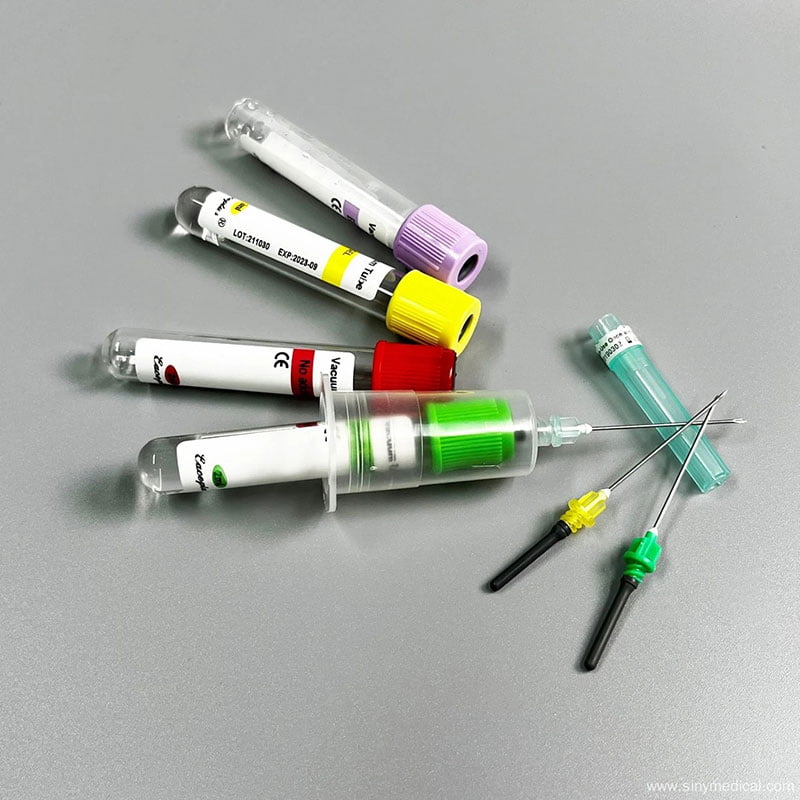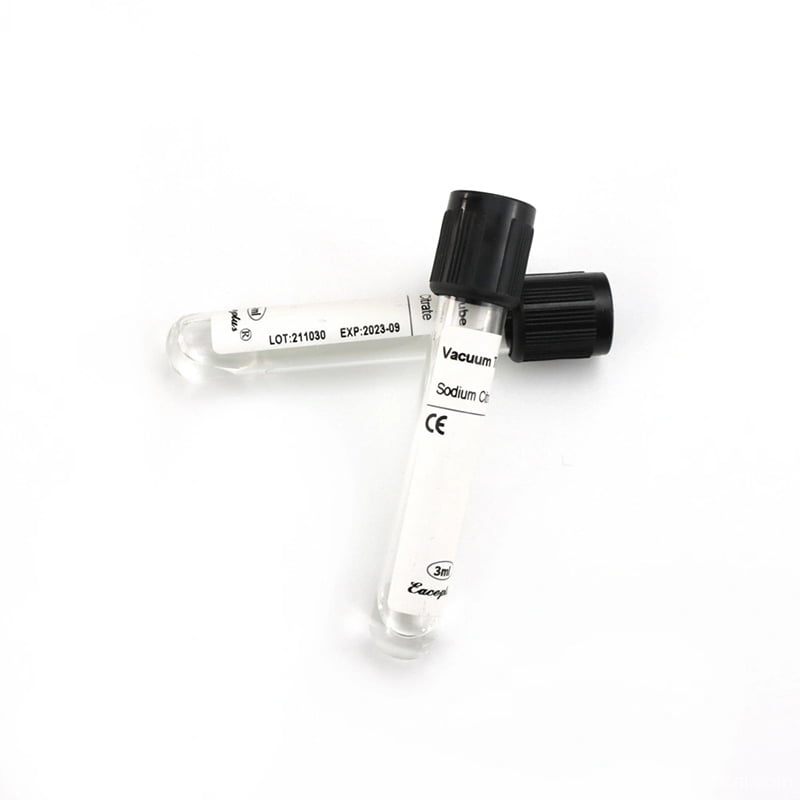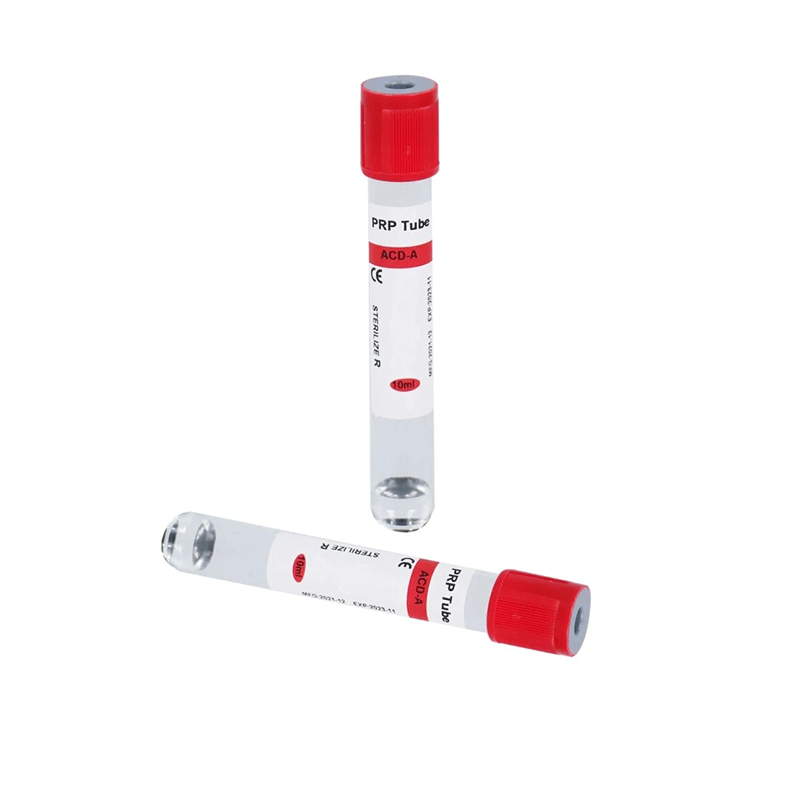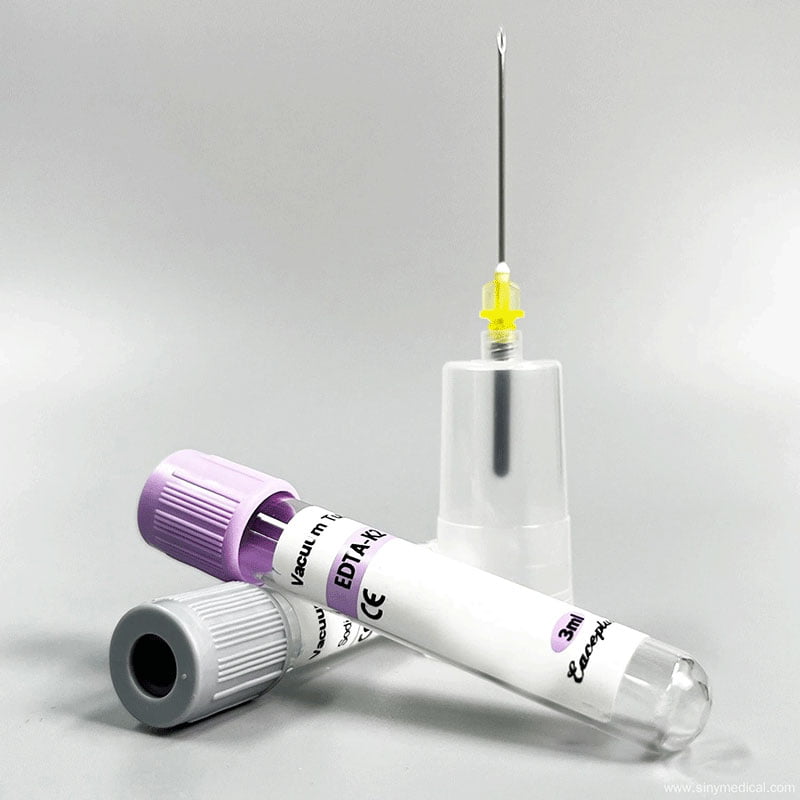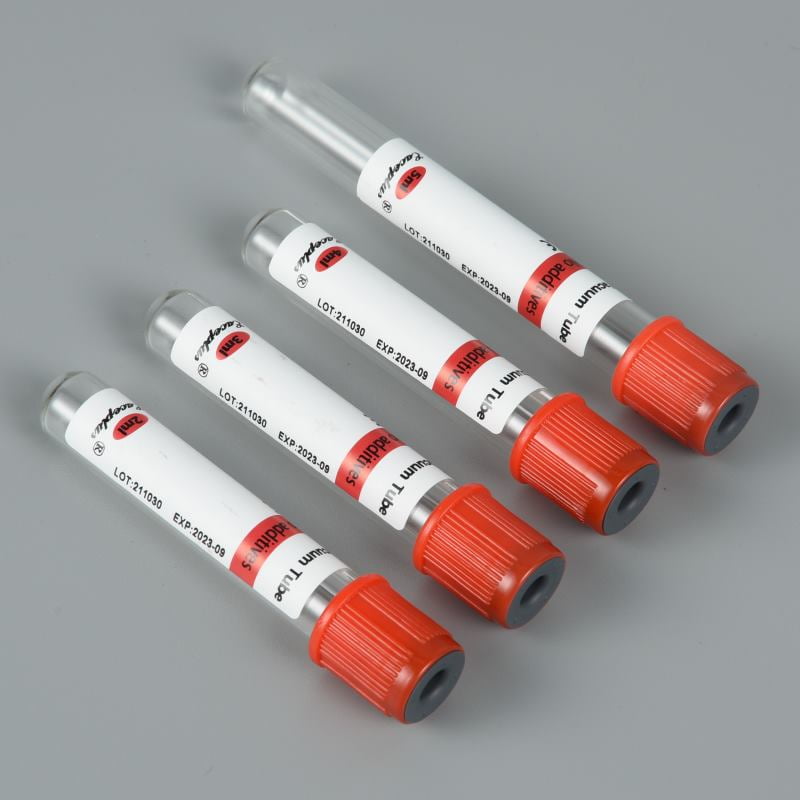Table of Contents
Benefits of PCR Tubes: An In-Depth Guide
PCR (Polymerase Chain Reaction) is a widely used laboratory technique that enables scientists to amplify specific DNA sequences. The process is essential for various molecular biology, genetics, and biochemistry applications. The efficiency and accuracy of PCR largely depend on the type of PCR tube used. This article provides a comprehensive overview of the benefits of PCR tubes and why they are crucial for the success of PCR reactions.
Why Use PCR Tubes?
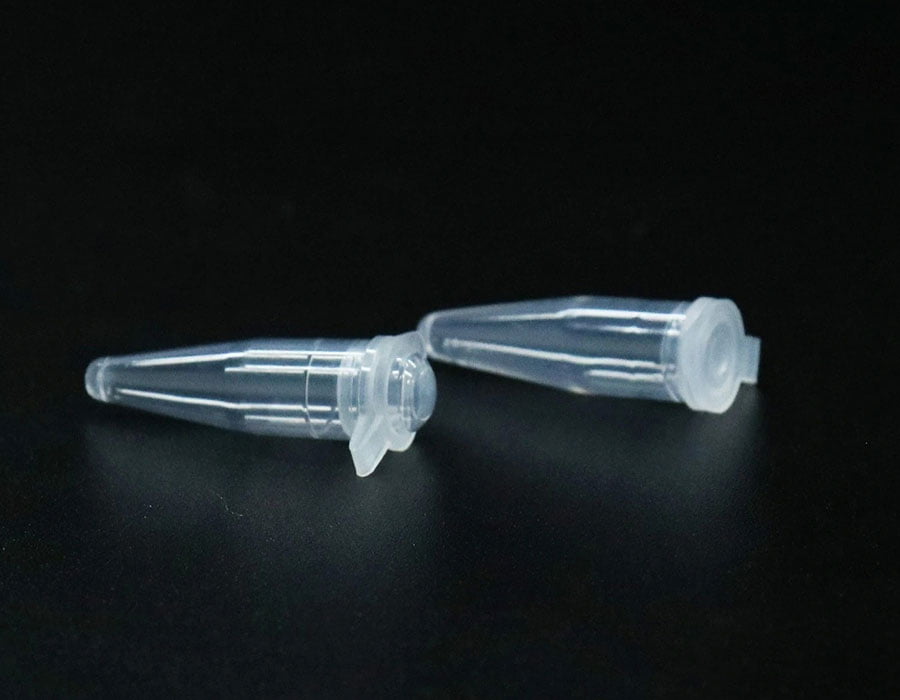
PCR tubes are designed specifically for use in PCR reactions. They are made of materials that are PCR compatible and free from contaminants that may interfere with the response. PCR tubes come in various shapes, sizes, and materials, including polypropylene, polycarbonate, and glass. Each type has its unique benefits, which are discussed below.
How do PCR tubes work?
PCR tubes are an essential tool for conducting polymerase chain reaction, or PCR. It is a process used to make millions of copies of a specific DNA segment, making it easier to study and analyze. PCR tubes are small, usually clear tubes that hold the PCR reaction mixture and allow it to be heated and cooled quickly. The PCR reaction requires heating and cooling the reaction mixture at various stages, and the PCR tubes allow for quick and efficient heating and cooling cycles.
The reaction mixture contains the sample DNA, special primers, and a DNA polymerase enzyme. The primers are short segments of DNA that are complementary to the segments that need to be copied. The DNA polymerase enzyme is responsible for creating copies of the DNA. When placing the mixture in the PCR tube and heating it, the DNA polymerase enzyme binds to the primers, initiating DNA copying. Upon cooling, the DNA polymerase enzyme unbinds, completing the reaction.
Types of PCR Tubes
Polypropylene PCR Tubes
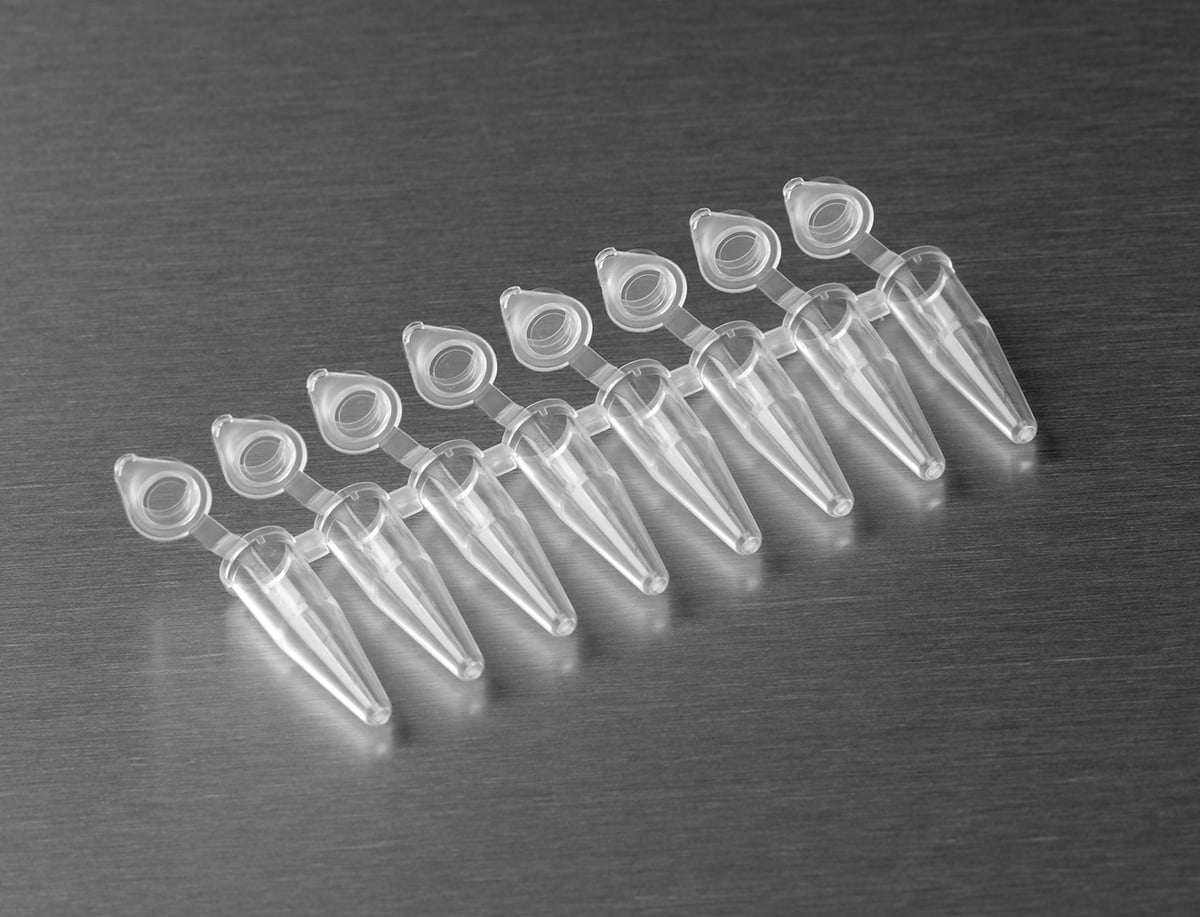
Polypropylene PCR tubes, widely used, offer low cost, excellent clarity, and good thermal stability. They are ideal for applications with numerous PCR reactions, easily disposable, and minimize cross-contamination risk.
Polycarbonate PCR Tubes

Polycarbonate PCR tubes are more expensive than polypropylene tubes but offer superior transparency and better thermal stability. They are ideal for applications that require high-temperature cycling, such as qPCR (real-time PCR).
Glass PCR Tubes
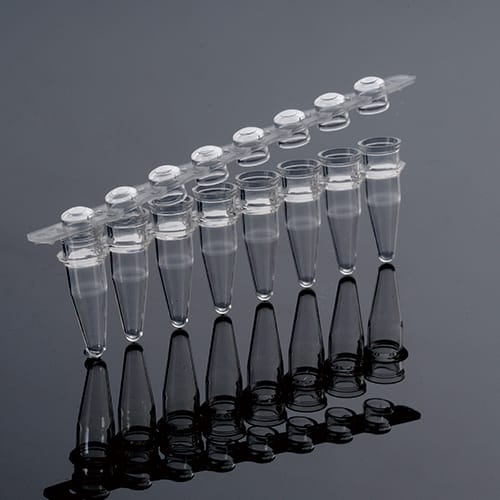
Glass PCR tubes are the most expensive type but offer excellent chemical resistance and thermal stability. They are ideal for applications where it is necessary to preserve the purity of the sample, such as cloning experiments.
Advantages of PCR Tubes
Reduced Contamination
PCR tubes are designed to reduce the risk of contamination, which can significantly impact the accuracy of PCR results. Contaminants can originate from the environment, the sample, or the reagents used in the reaction. By using PCR-compatible materials, PCR tubes minimize contamination risk and eliminate potential response interference from contaminants.
Improved Thermal Stability
PCR tubes maintain their structural integrity during high-temperature cycling, crucial for PCR reaction success. Polycarbonate and glass PCR tubes offer better thermal stability than polypropylene tubes, making them ideal for applications requiring high-temperature cycling, such as qPCR.
Enhanced Clarity
The clarity of the PCR tube is crucial because it enables scientists to monitor the progress of the reaction visually. Polypropylene and polycarbonate PCR tubes offer sound clarity, while glass PCR tubes provide excellent transparency.
Cost-Effective
Polypropylene PCR tubes offer cost-effectiveness, making them ideal for applications with a high number of PCR reactions. They are easily disposable and reduce the risk of cross-contamination.
Conclusion
In conclusion, the type of PCR tube used can significantly impact the efficiency and accuracy of PCR reactions. The benefits of PCR tubes, such as reduced contamination, improved thermal stability, enhanced clarity, and cost-effectiveness, make them an essential component of PCR experiments. Scientists and laboratory technicians should consider the specific needs of their experiment when selecting the appropriate type of PCR tube.
FAQs
- What is PCR, and why is it important? PCR (Polymerase Chain Reaction) is a laboratory technique that enables scientists to amplify specific DNA sequences. It is essential for various molecular biology, genetics, and biochemistry applications.
Read more: https://sinymedical.com

